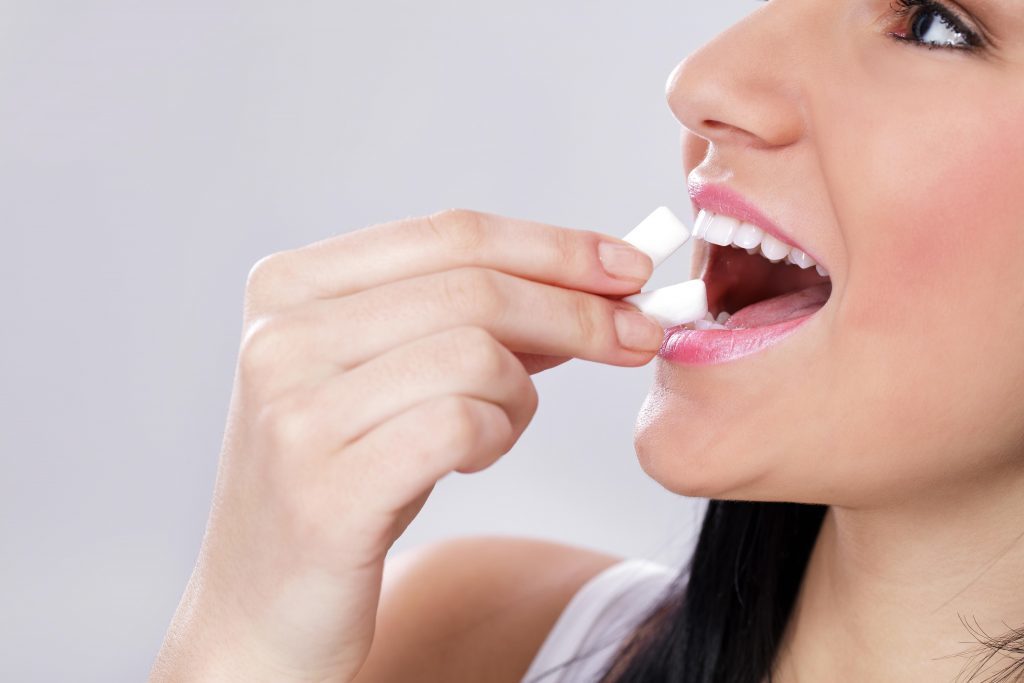 Wrigley explains ways your patients can easily, quickly and effectively improve their oral health.
Wrigley explains ways your patients can easily, quickly and effectively improve their oral health.
Traditionally, preventative dental health efforts centred on the promotion of plaque removal and oral hygiene – both of which remain important in meeting the oral health needs of patients. However, with tooth decay on the rise according to the Royal College of Surgeons website, there is increasing need for patients to be aware of the additional oral hygiene tools at their disposal.
The German Association of Conservative Dentistry recently published on its website, guidance on the aetiology and pathogenesis of dental caries, detailing basic measures and recommendations for caries prevention in permanent teeth. Its recommendation is that by combining various prevention measures, it is possible to reduce caries considerably. Potential measures to help improve oral care could include:
- Tooth brushing. Recent Oral Health Foundation and NHS studies have revealed that a quarter of all adults in the UK only brush their teeth once a day, despite clear guidance to brush morning and evening. Technology has a role to play in establishing new habits and products such as smartphone apps are useful motivational tools for patients to look after their oral care (Underwood, Birdsall and Kay, 2015). To optimise the plaque removal efficacy of tooth brushing, patients should also be encouraged to use high-fluoride toothpastes, the NHS website states, and drink plenty of water
- Reducing sugar intake. As our lifestyles are changing, our eating habits are also evolving, the DEFRA website claims. Eating on-the-go is becoming more predominant and popular in younger urban populations who consume on average three snacks per day, and the more snacking occasions there are, the more teeth can come under attack. It is crucial to converse with patients on their snacking habits and sugar intake; discussing how much sugar they consume on a daily basis will help build and maintain a dialogue on the importance of preventative oral care and on-the-go oral health tools
- Chewing sugarfree gum. Sugarfree gum can be easily incorporated into daily routines and is a quick and easy way to decrease the risk of tooth decay when patients are eating and drinking on the go. Independent clinical research proves that chewing sugarfree gum for 20 minutes after eating or drinking helps neutralise the plaque acid attacks that can cause dental caries (Alcantara et al, 2008) and contributes to removing food remains (Leach, Lee and Edgar, 1989). Increased flow of saliva also promotes the remineralisation of tooth enamel (Creanor et al, 1992), thus reducing one risk factor for developing tooth decay (Beiswanger et al, 1998; Szoke, Bánóczy and Proskin, 2001).
To help develop communication techniques, visit the Wrigley Oral Healthcare Programme website for a free CPD module on the topic.
References
Alcantara E, Leveille G, McMahon K and Zibell S (2008) Benefits of Chewing Gum: Oral Health and Beyond. Nutrition Today Volume 43, Number 2; 75-81
Beiswanger BB, Boneta AE, Mau MS, Katz BP, Proskin HM and Stookey GK (1998) The effect of chewing sugar-free gum after meals on clinical caries incidence. J Am Dent Assoc 129: 1623-6
Creanor SL, Strang R, Gilmour WH, Foye RH, Brown J, Geddes DA and Hall AF (1992) The effect of chewing gum use on in situ enamel lesion remineralization. J Dent Res 71: 1895-900
Leach SA, Lee GT and Edgar WM (1989) Remineralization of artificial caries-like lesions in human enamel in situ by chewing sorbitol gum. J Dent Res 68: 1064-8
Szoke J, Bánóczy J and Proskin HM (2001) Effect of after-meal sucrose-free gum-chewing on clinical caries. J Dent Res 80: 1725-9
Underwood B, Birdsall J and Kay E (2015) The use of a mobile app to motivate evidence-based oral hygiene behaviour. BDJ 219, E2.


